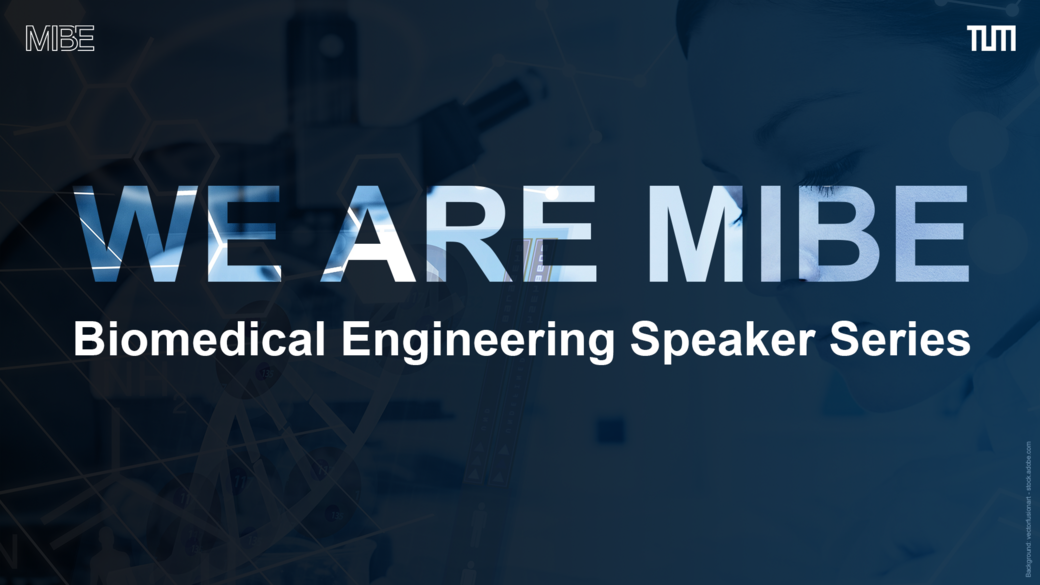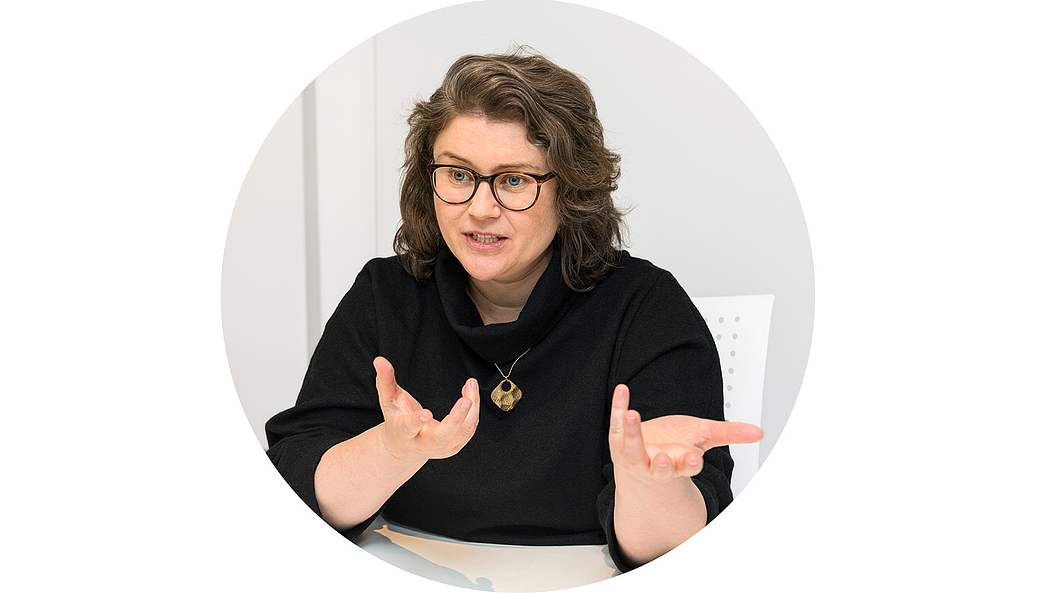At each event, two Principal Investigators (PIs) of MIBE will provide exciting insights into their research. After the talks, which take around 25 minutes each, there is plenty of time for networking.
Prof. Dr. Marcello Ienca: Navigating the Ethical Frontier of Neurotechnology: From Neuroethics to Neurorights
Prof. Dr. Ruth Müller: Life Sciences, Biotechnology and Society: Insights from Science & Technology Studies
Update: Ruth Müller's talk will be postponed to the summer term 2024.
Date and Time: Wednesday, February 7th, 2024, 4:15 pm – around 5:15 pm, afterwards networking
Place: MIBE lecture hall (room E.126), Boltzmannstraße 11, 85748 Garching and Zoom
Professor Müller’s research focus lies in the interdisciplinary field of Science & Technology Studies (STS). Her research explores the interaction between research policy, institutional values and academic knowledge cultures; the norms and practices of academic career development; the sociology and epistemology of life sciences; and questions of gender and diversity in the knowledge and work cultures of the natural and engineering sciences.
Bioengineering Day 2023: AI in medical applications - Press release (2023)
"Interdisciplinary research takes time" - Press release (2019)
Image: Uli Benz / TUM
Professor Ienca conducts research on the ethically sustainable development of AI systems and neurotechnologies. He uses theoretical and empirical methods to investigate the ethical, social and political implications of these technologies focusing on topics such as the brain-machine interface, the relationship between AI and human cognition, and the ethical processing of Big Data. He is known for his pioneering work on neurorights. He is the Neuroethics Lead of the International Brain Initiative and an expert advisor to the UN.
Image: Andreas Heddergott / TUM
Life Sciences, Biotechnology and Society: Insights from Science & Technology Studies
New knowledge from the life sciences and the new biotechnological possibilities it creates for fields such as medicine, agriculture or energy production are significantly changing contemporary societies. Life science knowledge gives rise to new scientific, social and economic opportunities, but also creates societal controversies and political challenges, as has become visible in the heated discussions about genetically modified organisms (GMOs) in agriculture, stem cell research, biofuels from food crops or most recently, the medical and agricultural use of gene editing technologies. In this lecture, Ruth Müller offers insights from the field of Science & Technology Studies (STS), a social science research field that investigates the complex relationships between science, technology & society, that allow us to think critically and constructively about role of the life sciences and biotechnology in society. Drawing on examples from the research at the chair of Science & Technology Policy, we will think through specific cases to better understand the social, ethical and political opportunities and challenges that characterize science-technology-society relations today.
Navigating the Ethical Frontier of Neurotechnology: From Neuroethics to Neurorights
Brain-computer interfaces (BCIs) and neurostimulation techniques hold transformative potential for individuals with neurological and psychiatric disorders, the ethical and societal implications cannot be ignored. This talk delves into the ethical tightrope of accessing and altering brain activity, addressing the balance between technological innovation and human welfare. The talk will outline the emergence of "neurorights," a novel framework that encompasses fundamental human rights, including cognitive liberty, mental privacy, mental integrity, and psychological continuity, designed to protect individuals in an age of advancing neurotechnologies. Drawing on real-world policy examples, Marcello Ienca highlights the practical application of neurorights and underscores the importance of responsible governance to ensure that neurotechnologies are harnessed for the benefit of all, while safeguarding personal identity and well-being.
Further information
Livestream
There will be a live-stream for this event via zoom: https://tum-conf.zoom.us/j/612 2888 8412 Passcode: waMIBE
Recognition Qualification Program for Doctoral Candidates
If you're doing your doctorate within the field of biomedical engineering, regular participation in the speaker series can be counted towards subject-specific qualification in DocGS.
Registration form for doctoral candidates


